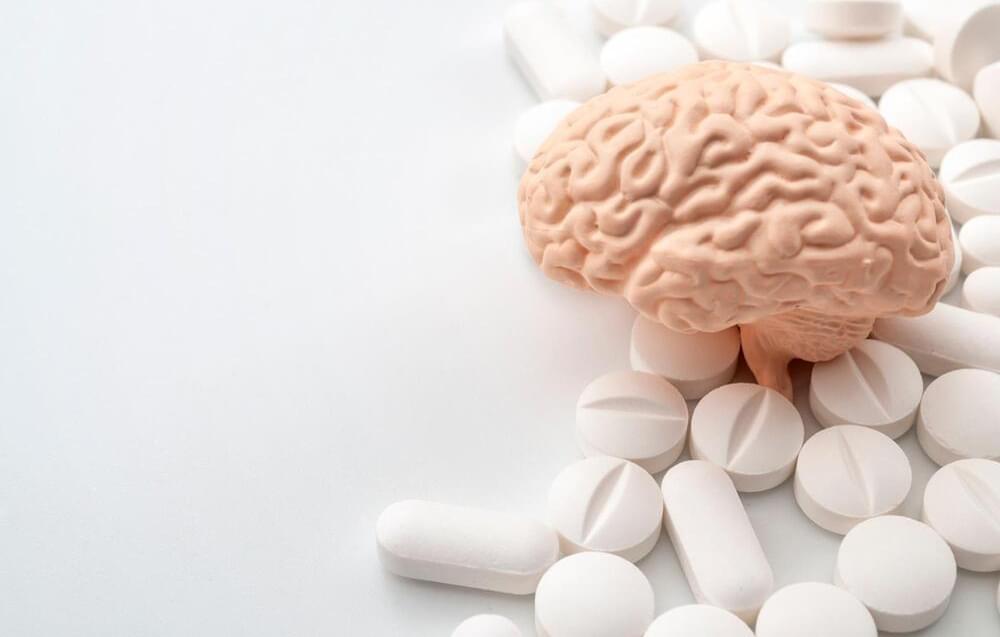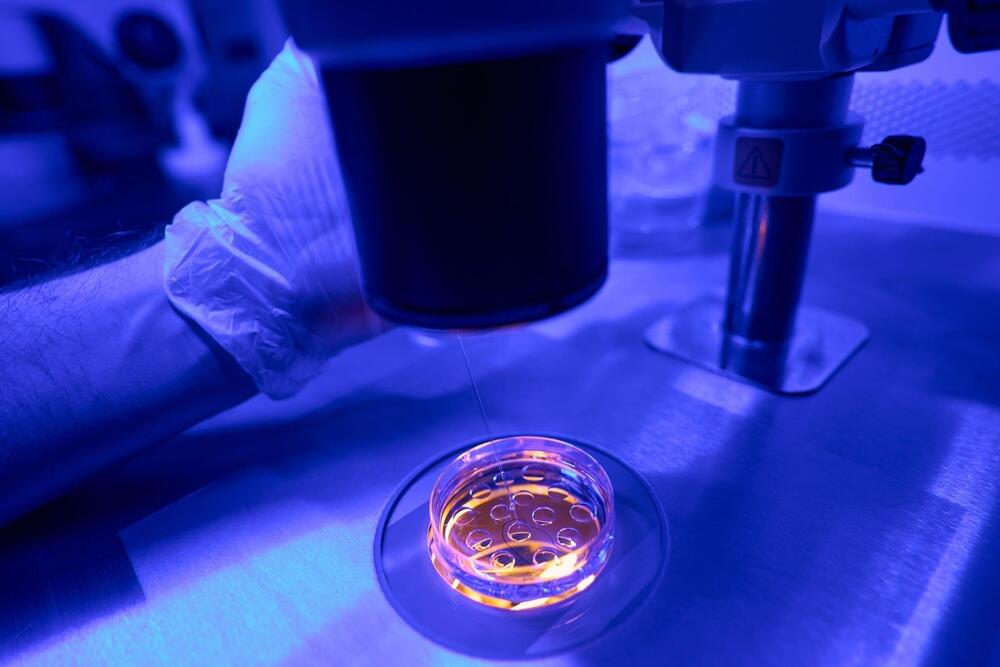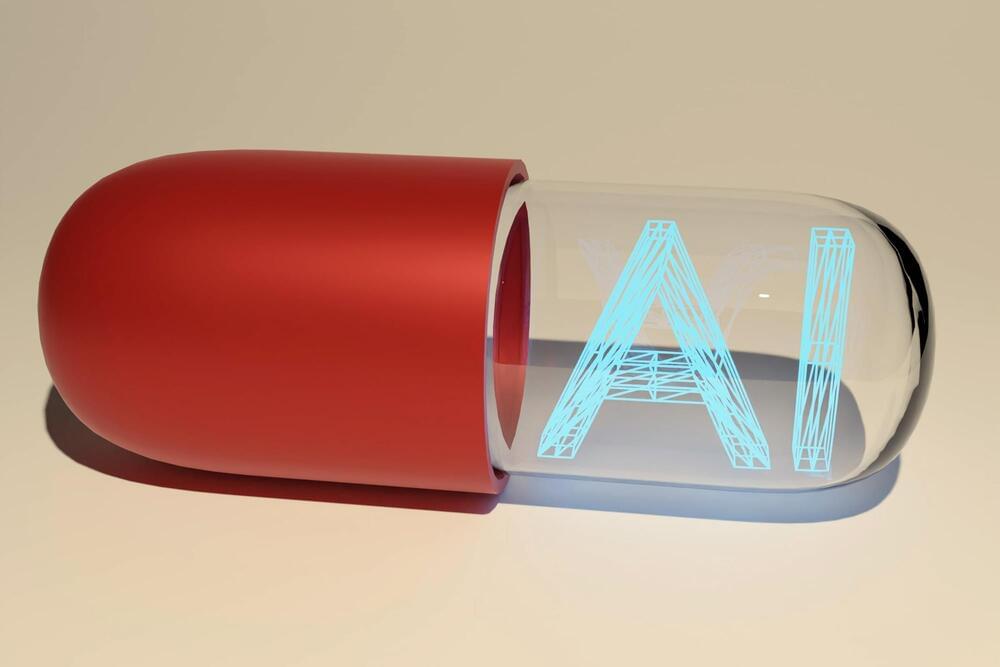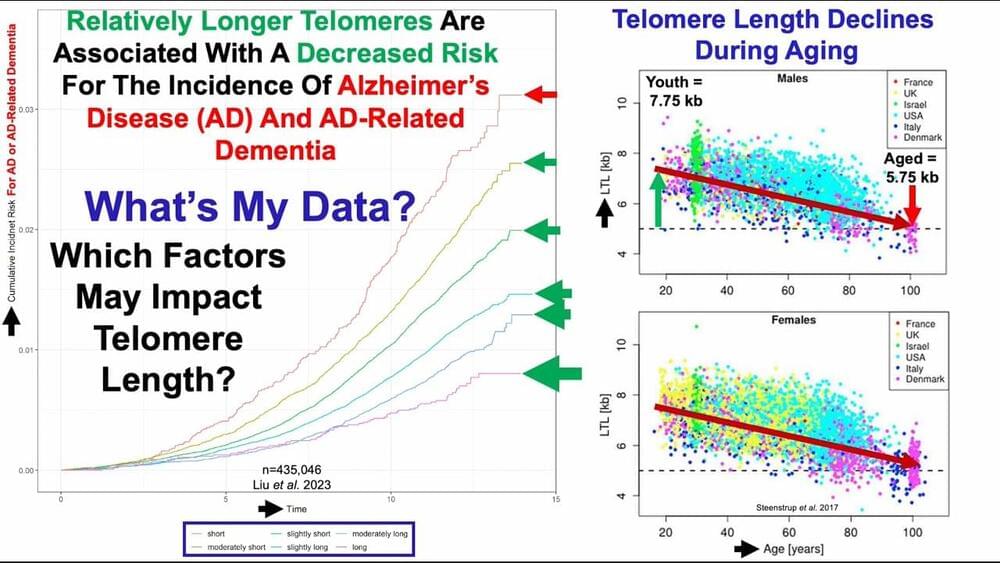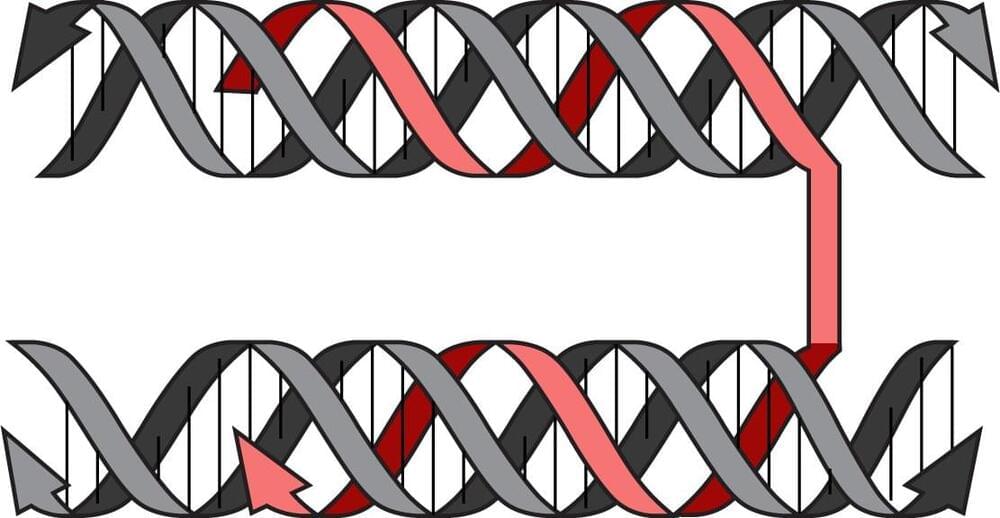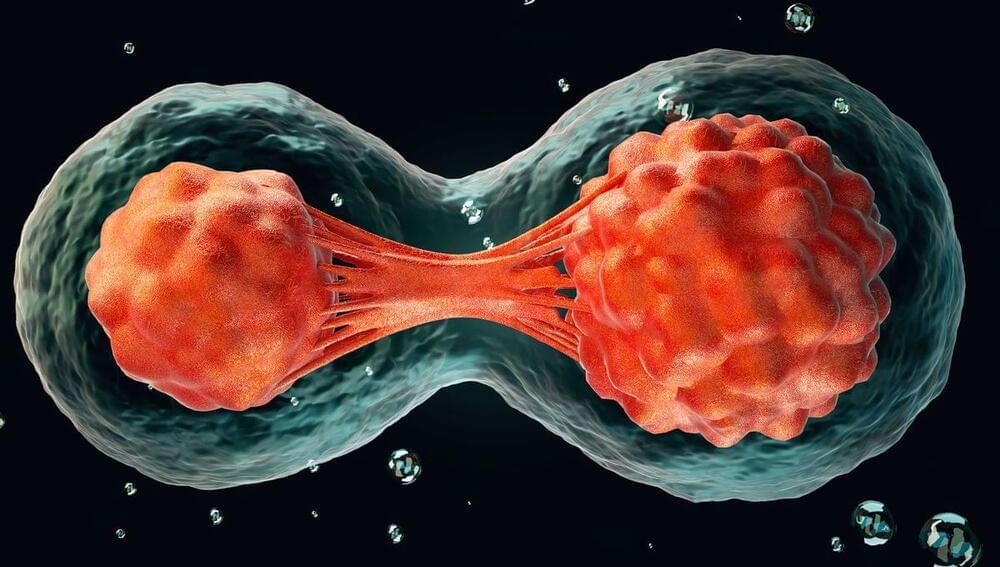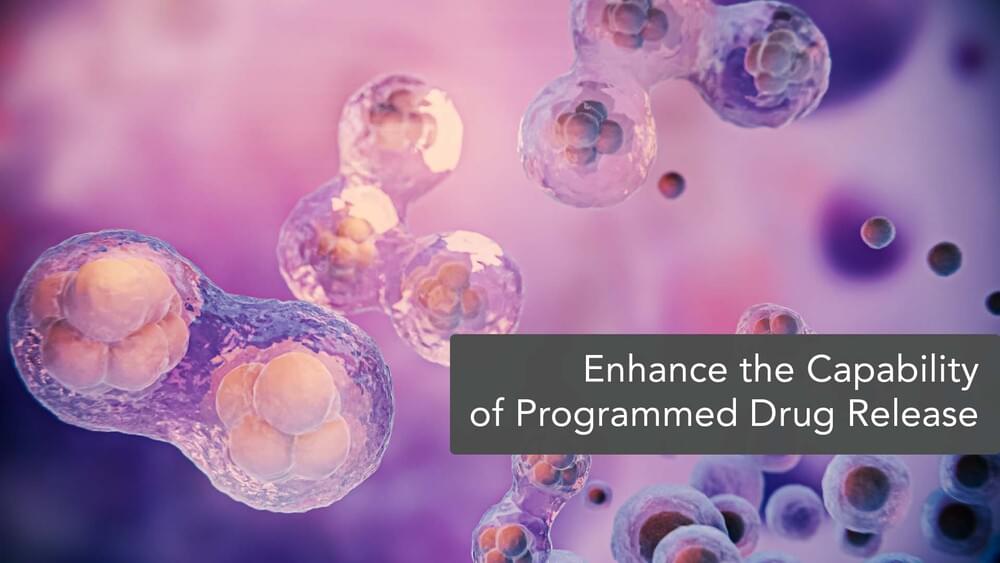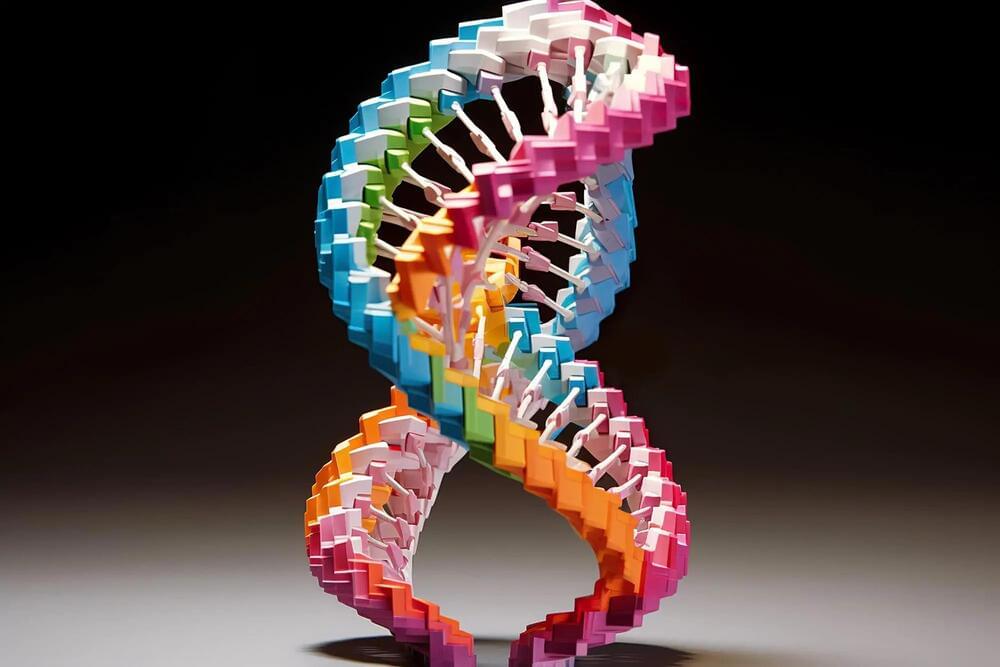Jun 18, 2023
Smart drugs fall short as cognitive function enhancers
Posted by Shubham Ghosh Roy in categories: biotech/medical, information science, mathematics, neuroscience
Background
Many everyday tasks can fall under the mathematical class of “hard” problems. Typically, these problems belong to the complexity class of nondeterministic polynomial (NP) hard. These tasks require systematic approaches (algorithms) for optimal outcomes. In the case of significant complex problems (e.g., the number of ways to fix a product or the number of stops to be made on a delivery trip), more computations are required, which rapidly outgrows cognitive capacities.
A recent Science Advances study investigated the effectiveness of three popular smart drugs, namely, modafinil (MOD), methylphenidate (MPH), and dextroamphetamine (DEX), against the difficulty of real-life daily tasks, i.e., the 0–1 knapsack optimization problem (“knapsack task”). A knapsack task is basically a combinatorial optimization task, the class of NP-time challenging problems.
